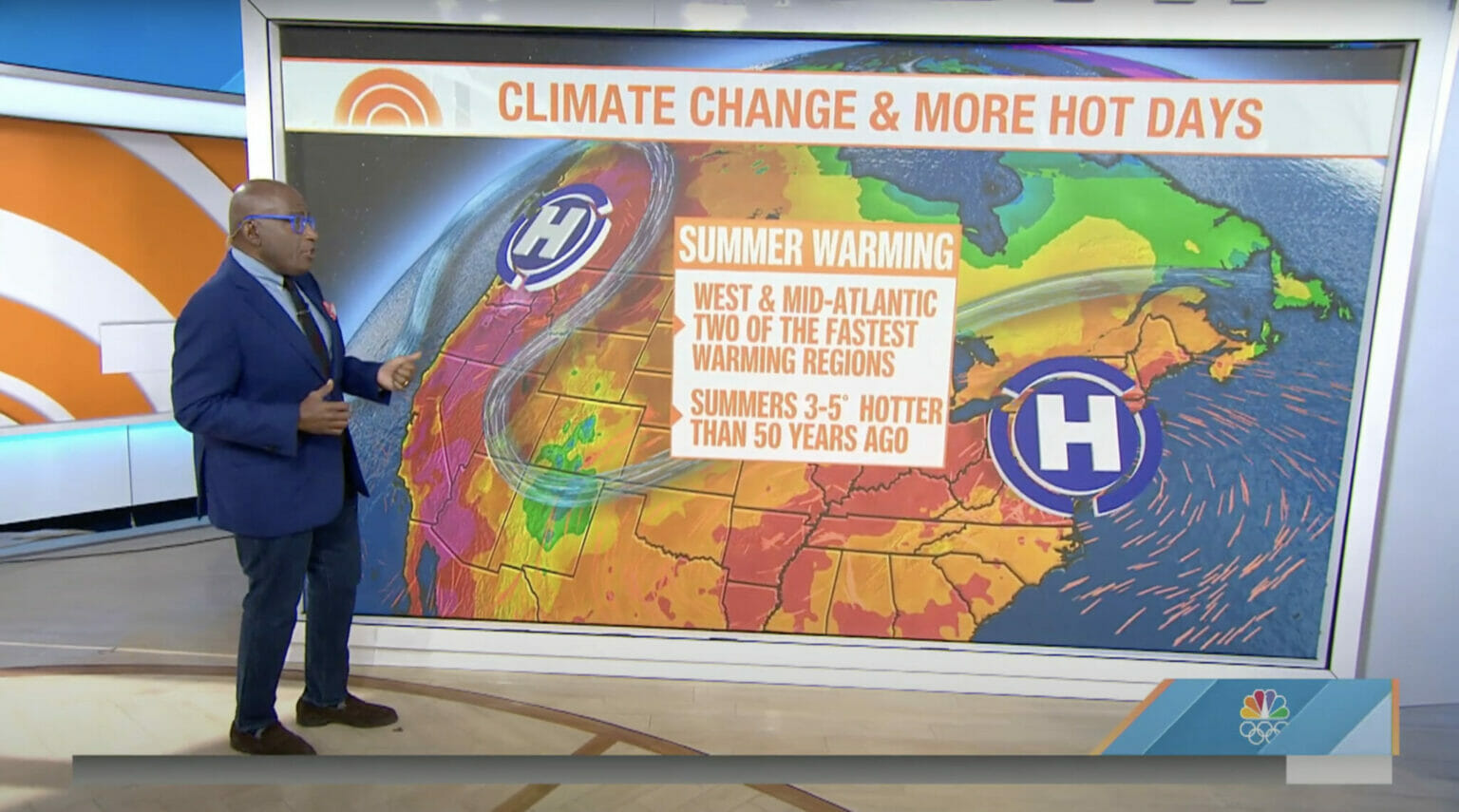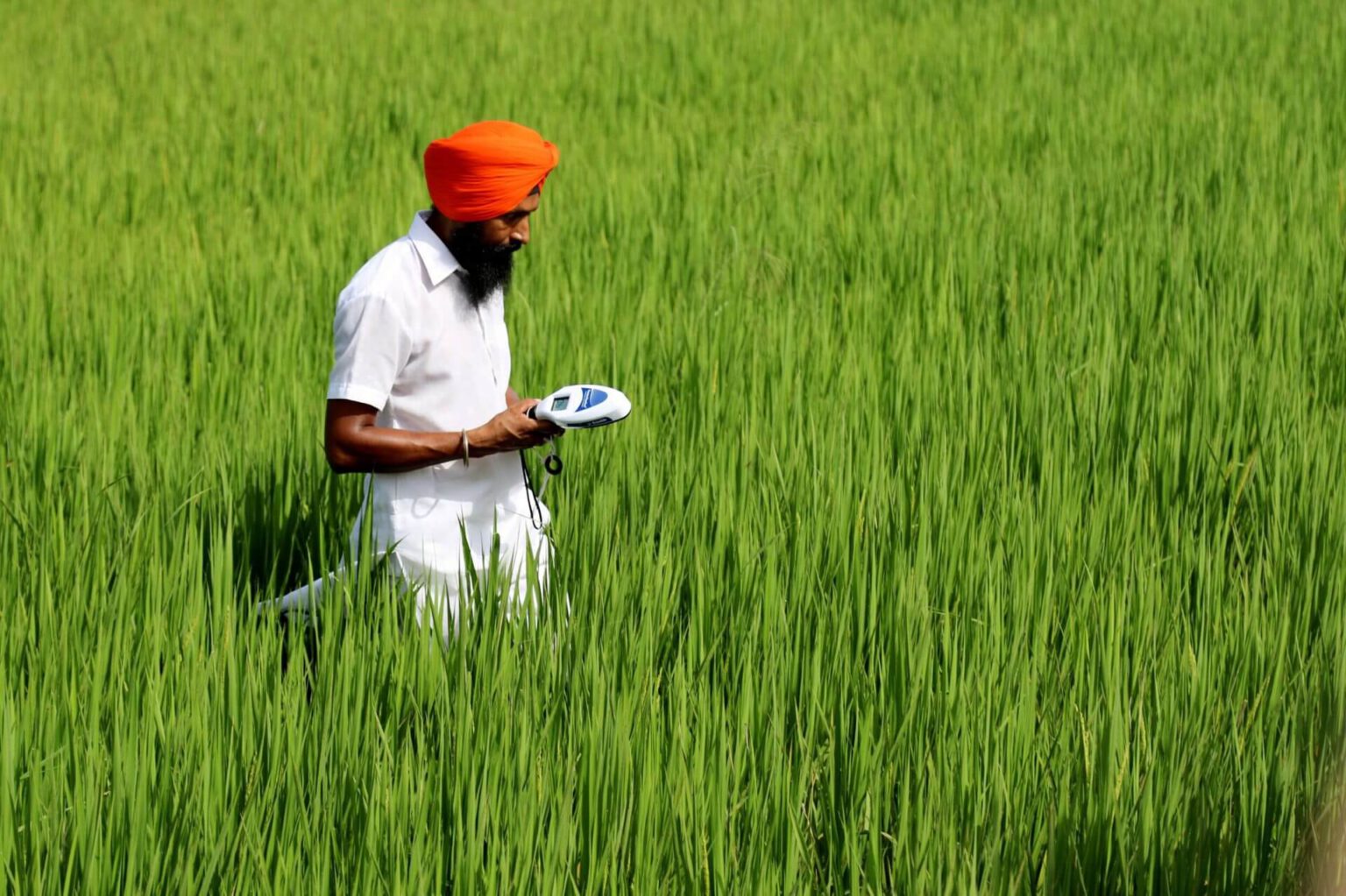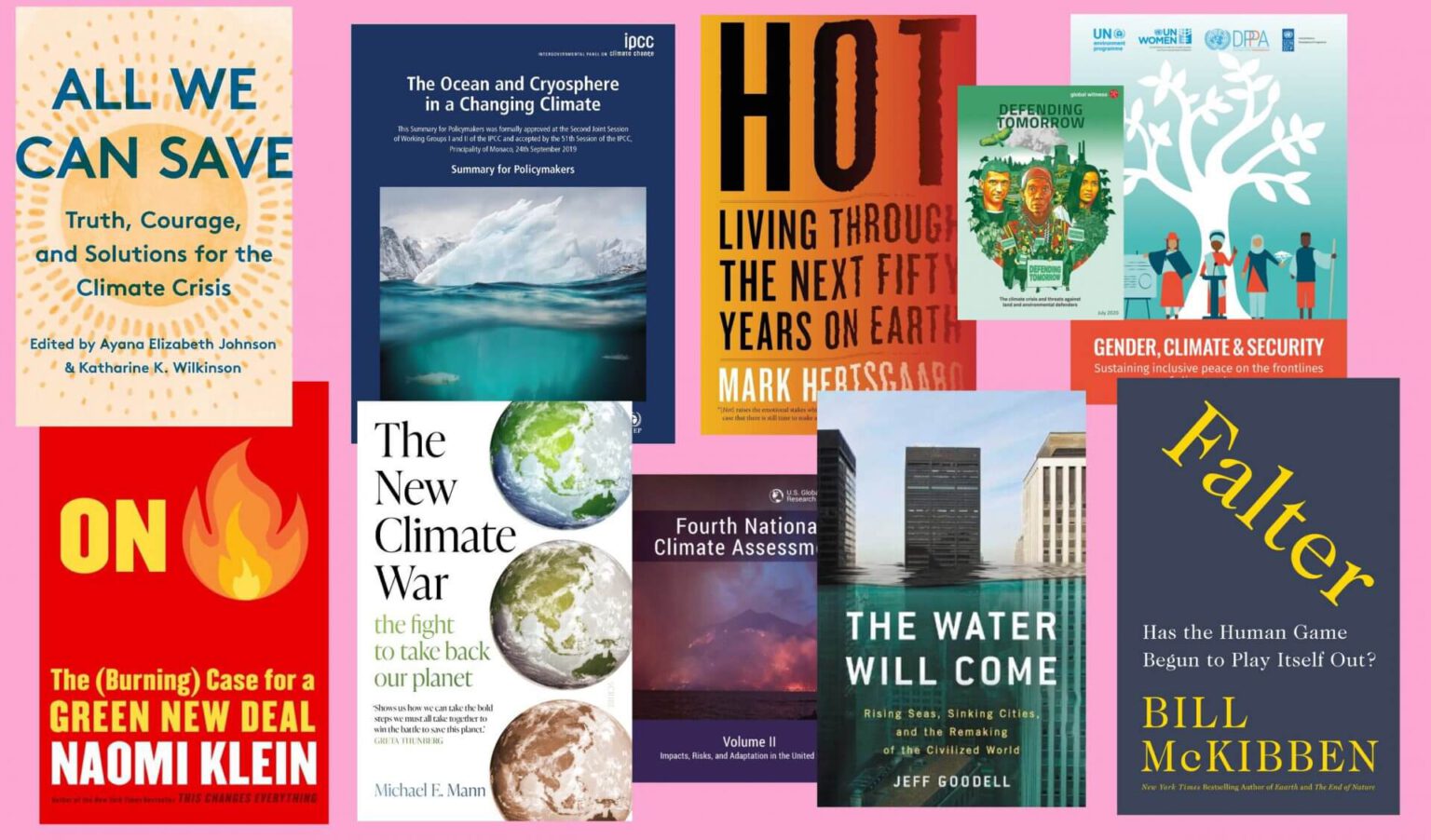Sign up to receive the weekly Climate Beat newsletter.
Last week, energy and environment ministers at a G20 meeting in Naples, Italy—seen as a decisive step leading up to COP26 in November—failed to agree on key details of countries’ climate change commitments. Activists had hoped the G20 event would result in “a strengthening of climate targets, new commitments on climate financing, and an increase in countries committing to net zero emissions by 2050,” Reuters reported. Instead leaders kicked the can down the road, leaving disputes to be settled at the full G20 summit in Rome this October, or even at COP26 itself—meaning, at both meetings, there will be even less time to take up more challenging questions about how humanity will address the climate emergency.
At issue during the Naples meeting was language around plans to phase out coal power and the Paris Agreement goal of limiting global temperature rise to 1.5 to 2 degrees Celsius. Some countries argued for more aggressive goals to cap rise at 1.5 degrees within a decade. China and India, however, argued for sticking with the Paris Agreement’s original targets set in 2015. India, the world’s third largest emitter after China and the US, subsequently skipped a meeting in London, hosted by COP26 president Alok Sharma, which was designed to lay further groundwork for the Glasgow summit. It was the only of 51 invited countries not to show.
This might all seem like routine diplomatic snubbing and squabbling. But with so little time to enact meaningful climate action—Sharma has called COP26 the world’s “last chance” to avoid the 1.5 degrees Celsius target—such failures can lead to outsized and enduring consequences. It’s not as if humanity’s current trajectory is anywhere near sufficient. A new analysis from the Paris Equity Check has identified energy policies by G20 members China, India, Brazil, and Australia—all currently reliant on coal—that are associated with a 5 degree rise in global temperatures, “a heating hike that would bring devastation to much of the planet,” according to The Guardian.
Journalists: Is our reporting conveying the urgency not just of domestic climate action but of international cooperation? Are we helping audiences parse the sometimes-unwieldy, sometimes-impenetrable officialdom of international diplomacy, to demonstrate the gravity and real human consequences of meetings like this? The COP26 summit, and all the small gatherings on the road to it, is the most important climate story of the year. Our audiences need us to lead a public conversation—to make the COP summit relevant to them (because it is!) and help them engage. Failure at the COP is not an option. So, if world leaders are failing to deliver now, we shouldn’t fail to call them out—and loudly.
NEWS FROM US
GUEST COLUMN: Covering climate justice. If you’re going to cover climate change, you need to also report on climate justice. If you’re going to do that, you need to have care in your heart—and maybe also a bit of righteous anger, says KQED’s Ezra David Romero in a CCNow guest column. Romero shares lessons he’s learned in recent years covering climate justice in California. “Contrary to popular misconception,” he writes, “reporting on climate justice is not advocacy—it’s basic human respect. … Our reporting can help [communities] by shining a light and starting hard public conversations.” Read the piece…
For more, tune in TODAY at noon US Eastern Time for a webinar hosted by the Uproot Project and Climate Nexus about environmental justice reporting. Romero is among the panelists, and Paola Rosa Aquino, a journalist at Intelligencer and a founding member of the Uproot Project, will moderate. Last minute registration here…
TALKING SHOP, August 4: Coping with emotional fatigue. Covering the climate emergency can be exhausting and depressing, and journalists risk burning out if we don’t take care of ourselves along the way. Join us August 4, at 3 p.m. Eastern Time, for a one-hour webinar about how journalists can cope. Panelists will include Jarrett Hill, president of the National Association of Black Journalists, Brian Kahn, managing editor at Earther, and Dr. Jasmine B. MacDonald, a mental health professional who has conducted extensive research on this issue for journalists. Learn more and RSVP now…
ESSENTIAL CLIMATE COVERAGE
“We knew who was going to die.” The recent extreme heat wave in the Pacific Northwest killed upwards of 200 people, and according to one scientist’s Congressional testimony those deaths were both predicted and preventable. Research has long shown the impact that heat events, which are more likely due to climate change, have on low-income communities, yet local government agencies fail to act, or lack the resources to do so. From The Intercept…
Zero years. The Guardian asked four renowned climate scientists how many years humanity has to enact sweeping and substantive climate action policies. They all agree the time to act is now. “We have zero years before climate and ecological breakdown, because it’s already here,” NASA scientist Peter Kalmus says. “The longer we wait to act, the worse the floods, fires, droughts, famines and heatwaves will get.” From The Guardian…
Rollback redux. The US Environmental Protection Agency is tightening toxic waste disposal restrictions for coal plants, undoing rollbacks set in place during the Trump administration. From Reuters…
Garbage in, garbage out. Thousands of landfills line the US coast, and amid rising sea levels these dumps will become ticking time bombs, threatening to leak often-toxic waste into nearby communities. There’s no federal plan yet to move the landfills—or to avoid this environmental catastrophe. From The Nation…
Waterlogged. New York City’s flood maps are 14 years out-of-date, and new research shows that flood zones in some neighborhoods could be almost 50 percent larger than official maps depict, with climate change making harsh storms and flooding more likely. That’s a problem especially for residents outside of official flood zones who aren’t required to purchase flood insurance but could be left high and dry if disaster strikes. From Gothamist…
REPUBLICATION RECOMMENDATIONS
The following stories deserve special consideration for republication by CCNow partners:
Coastal Landfills Are No Match for Rising Seas — The Nation
New Mexico Attorney General Faces Fraud, Corruption Allegations Amid Power Company Merger — Capital & Main
Reporters Must Center Climate Justice. Here’s How. — CCNow/NBCU Academy
For partner outlets: to submit stories for sharing, please use this form. Instructions for republishing and the full list of stories available for republication can be found in our Sharing Library.
ODDS & ENDS
Register for IPCC Working Group I event by FRIDAY. The deadline for journalists to register for an embargoed copy of the landmark Intergovernmental Panel on Climate Change report on the physical science of climate change and its implications for global policymakers is Friday, July 30. A press conference announcing details of the Working Group’s conclusions will be held August 9. Learn more and register here…
Note: The registration process for the IPCC events is different from that for COP26, below.
World Scientists’ Warning of a Climate Emergency 2021. A new peer-reviewed study in the journal BioScience, published by Oxford University Press, finds that we are “nearing or have already crossed tipping points associated with critical parts of the Earth system.” Investigating 31 “planetary vital signs” the team found 18 to be at record highs or lows (the worst-case, in both cases), having to do with everything from the energy we use to the food we eat and the state of the Amazon rainforest.
Several co-authors on the study helmed the 2020 paper in which more than 11,000 scientists from 153 countries warned of a “climate emergency.” Since publication, more than 2,800 additional scientists have added their names to that statement. Check out the new study…
**CCNow urges journalists everywhere to read the BioScience study and cover it, if your outlet hasn’t already. In comprehensive (but also digestible) form, it makes clear why the term “climate emergency” is no overstatement. Also, check out and sign our own Climate Emergency Statement, in which we and several of our leading partners call on journalists to use those words exactly, not as a matter of activism but of scientific accuracy.**
Climate reporting in the classroom. Congrats to our partners at New Mexico PBS, who have begun adapting some of their reported segments on climate and the environment into digital lesson plans for use in middle school science classrooms. We love to see this!
Registration open for COP26. Journalists and other attendees can apply now to attend the COP26 global climate summit in Glasgow, set for October 31 to November 12. Journalists who have not yet been vaccinated against Covid-19, and are not otherwise able to obtain the vaccine, may do so through the UK COP Presidency. Registration information is here…
Thanks for reading, and see you next time!
If you have any feedback on this newsletter, or know of information that should be included here, shoot us a note at editors@coveringclimatenow.org



